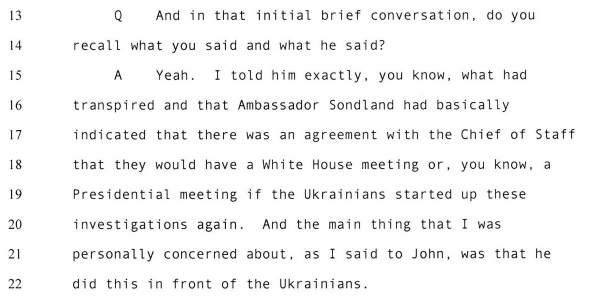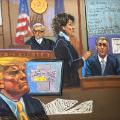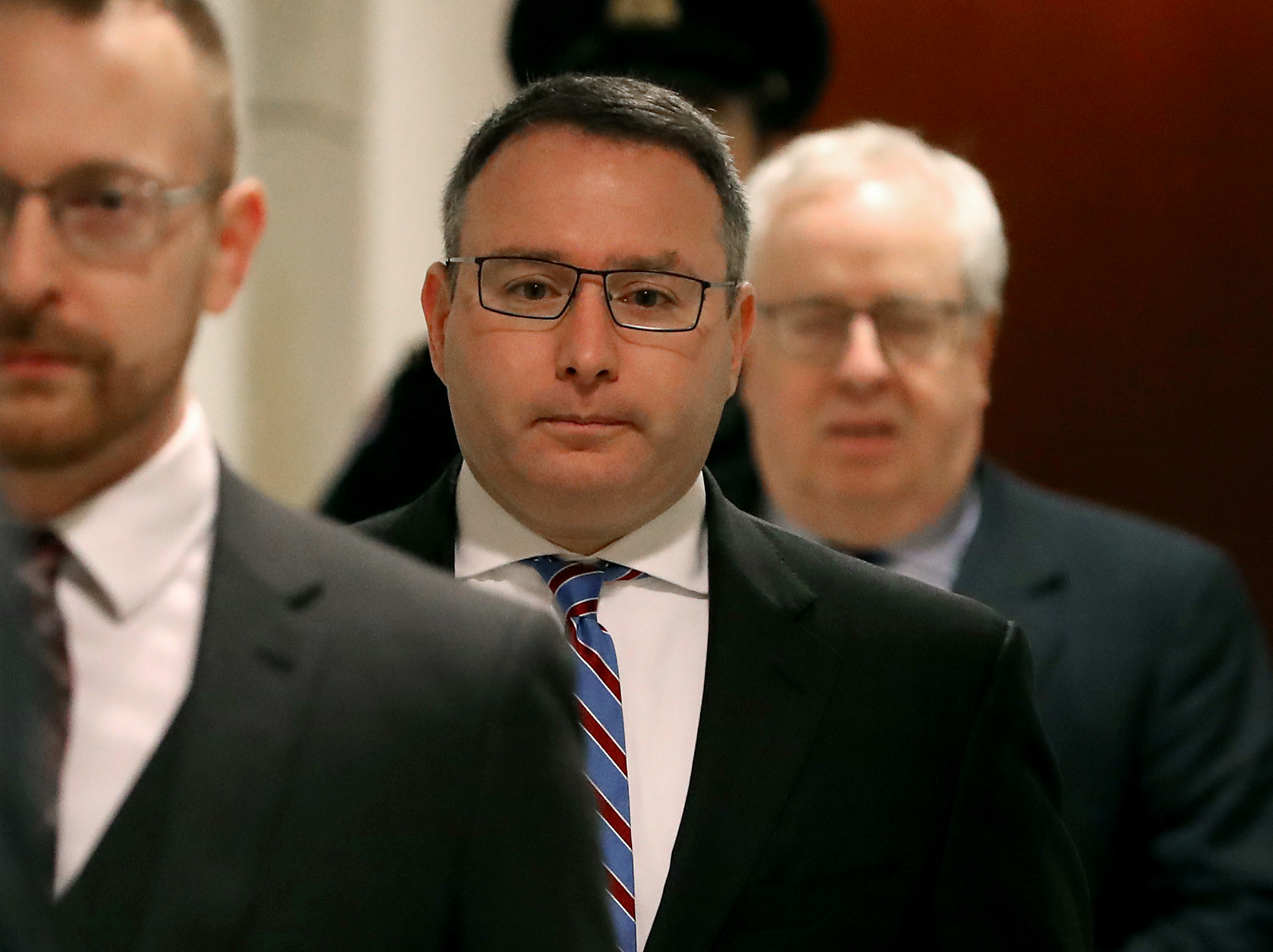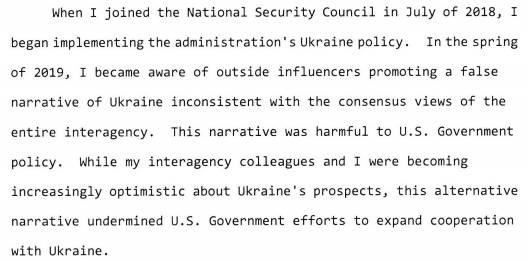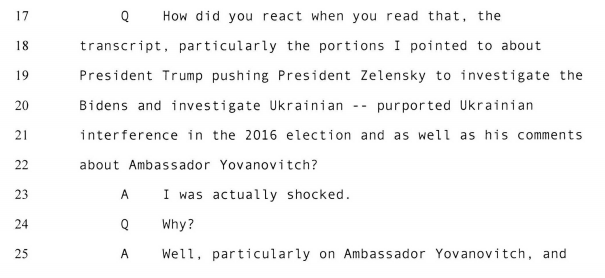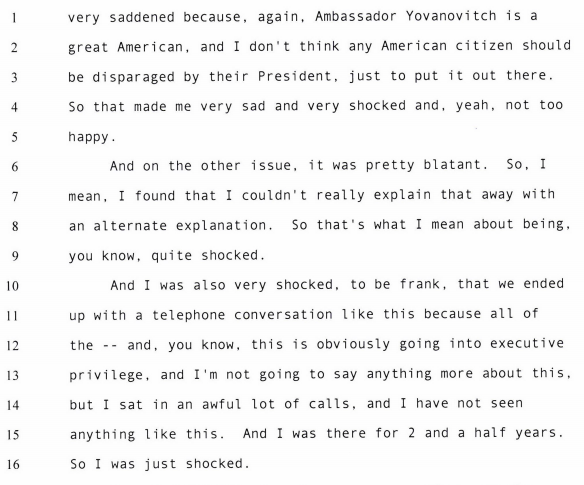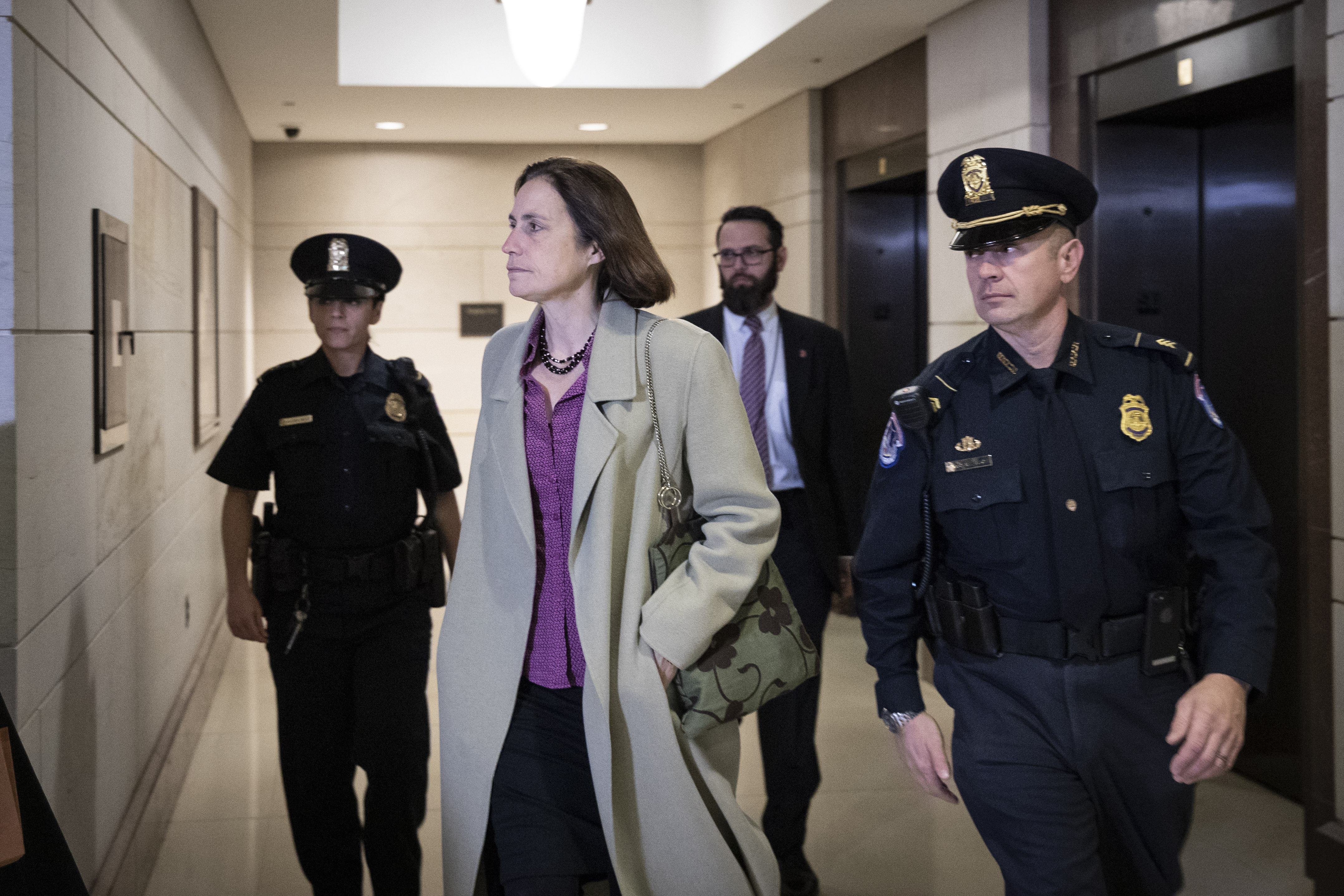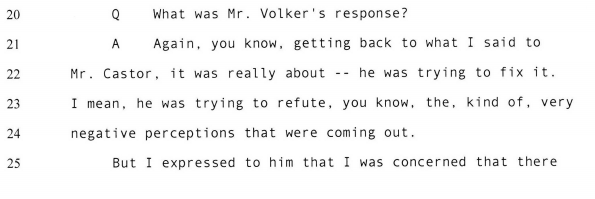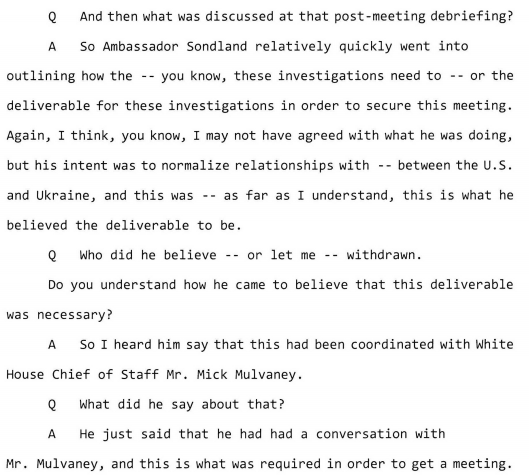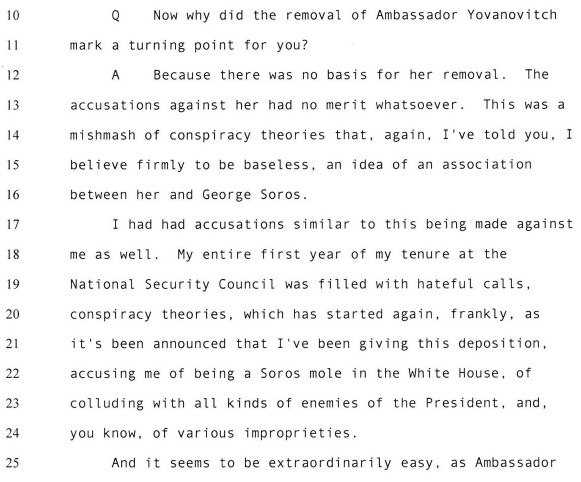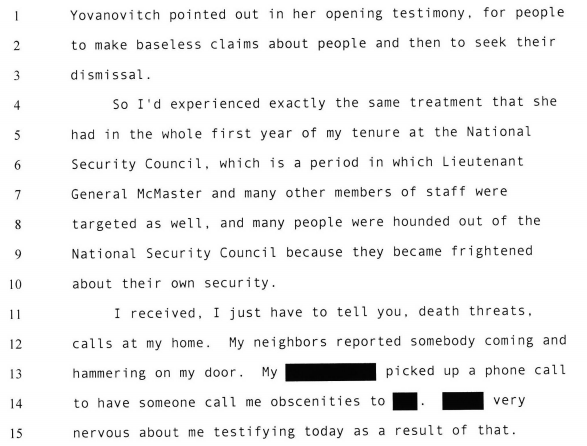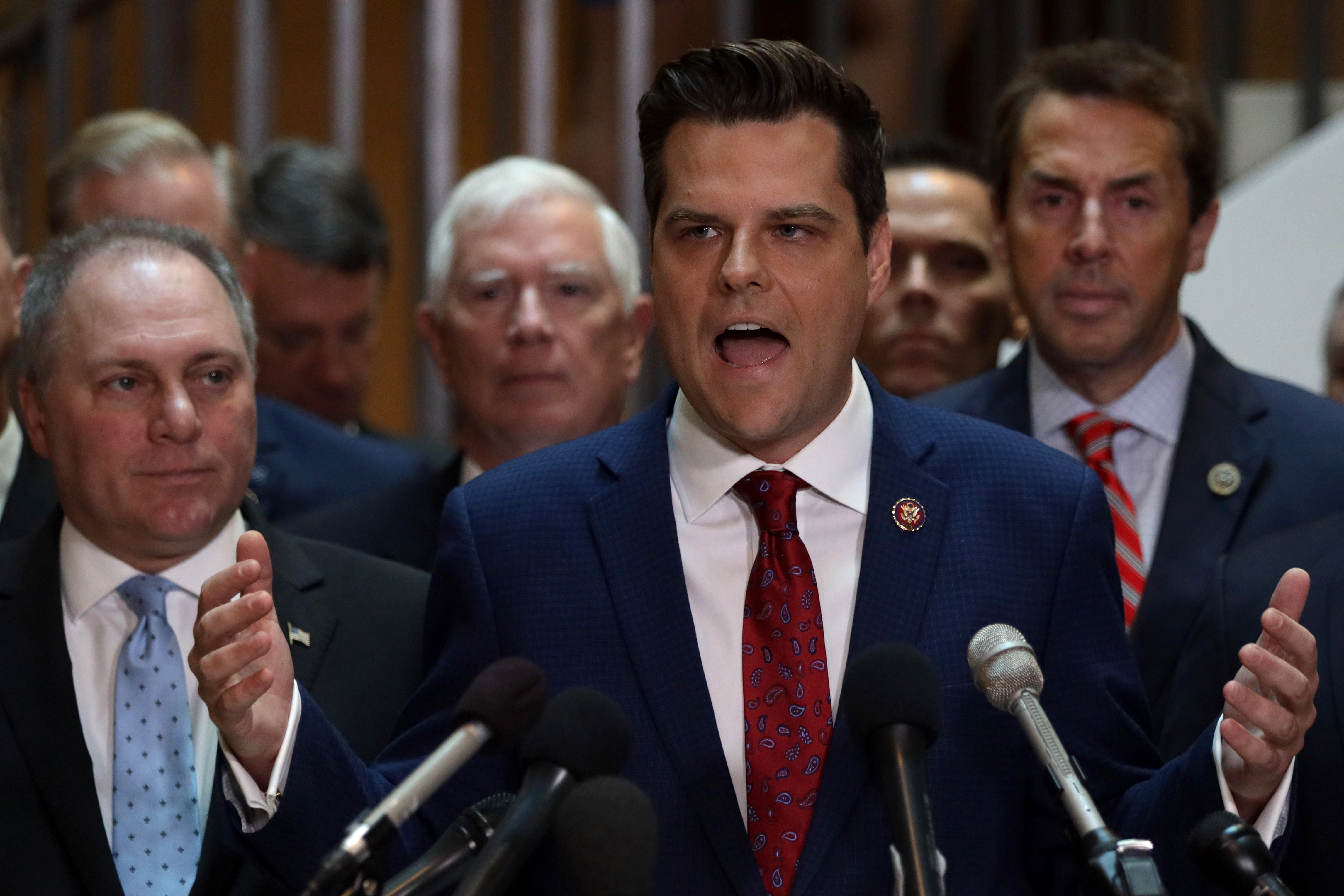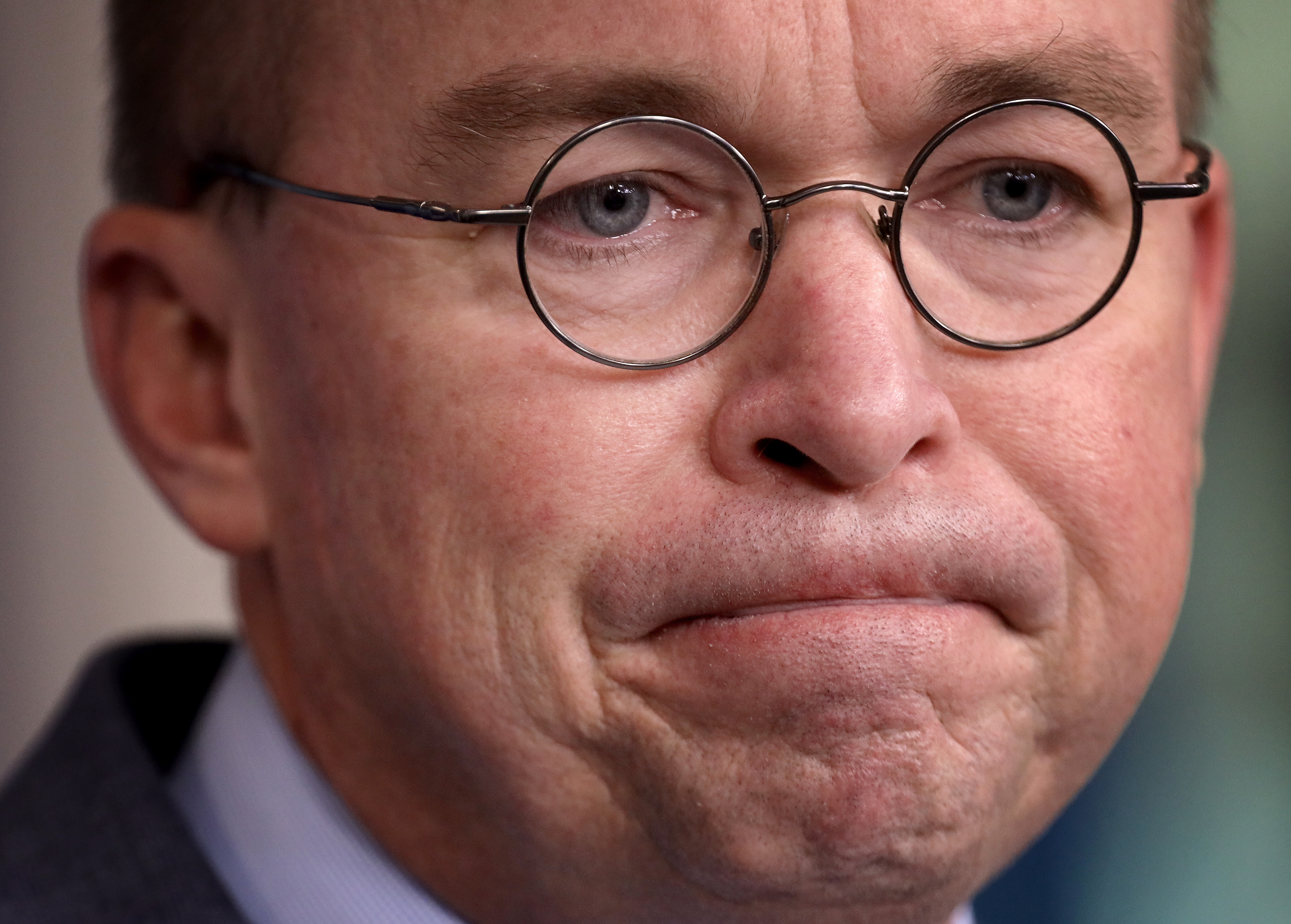
Fiona Hill, the former National Security Council staffer responsible for Russia and Ukraine, told lawmakers during her testimony that it became clear during a July 10 meeting at the White House that an Oval Office visit for Ukraine’s president was contingent on him opening an investigation into President Trump’s political rivals.
Hill told lawmakers that Gordon Sondland, the US Ambassador to the European Union, said there was an agreement with acting chief of staff Mick Mulvaney that “they would have a White House meeting or, you know, a Presidential meeting, if the Ukrainians started up these investigations again.”
“Ambassador Sondland, in front of the Ukrainians, as I came in, was talking about how he had an agreement with Chief of Staff Mulvaney for a meeting with the Ukrainians if they were going to go forward with investigations,” Hill said.
She said the suggestion alarmed then-national security adviser John Bolton, who “immediately stiffened” and ended the meeting.
Separately, top White House expert on Ukraine Alexander Vindman testified that Ambassador to the European Union Gordon Sondland characterized the request for investigations by Ukraine — or a “deliverable” — as coordinated with Mulvaney, according to the transcript of his testimony released today.
Here's more from Hill's testimony:
